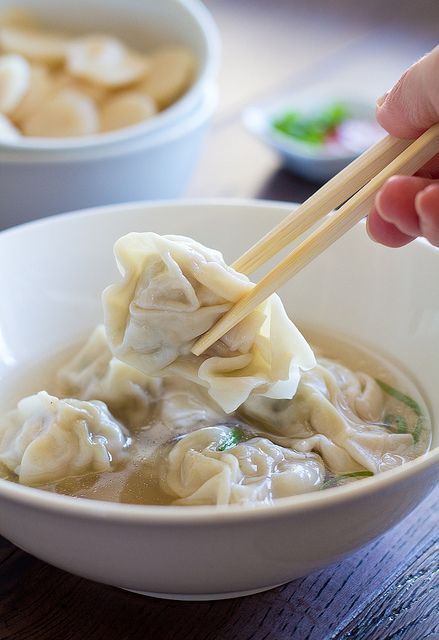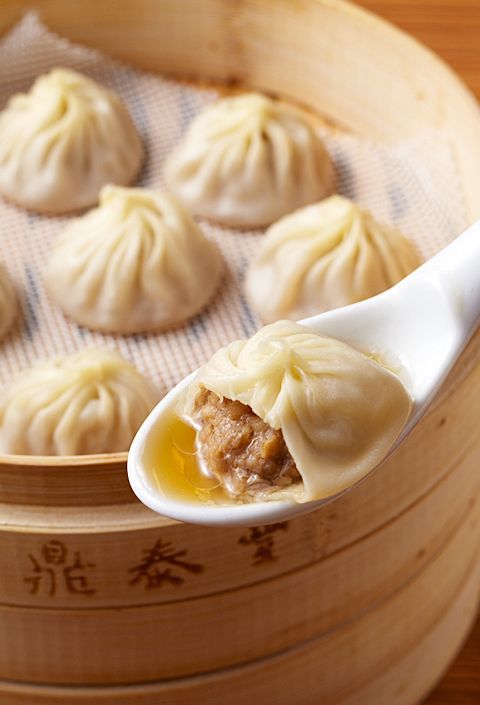
21| ENG| РУ| DEU| 中文| Passionate about life, languages, studying, literature, and travel.
220 posts
K- Verbs In ChineseMy Quick Guide To Some Common K-verbs In Chinese!
K- verbs in Chinese My quick guide to some common K-verbs in Chinese!
Keep - 保留 - Bǎoliú Kick - 去踢 - Qùtī Kid - 开玩笑 - Kāiwánxiào Kidnap - 绑架 - Bǎngjià K!ll - 杀 - Shā Kindle - 点燃 - Diǎnrán Kiss - 吻 - Wěn Know - 知道 - Zhīdào Knead - 揉捏 - Róuniē Kneel -下跪 - Xiàguì Knit - 编织 - Biānzhī Knock - 敲 - Qiāo Knot - 打结 - Dǎjié Kowtow - 磕头 - Kētóu
-
 daphnedauphinoise liked this · 8 months ago
daphnedauphinoise liked this · 8 months ago -
 travelladiesapp liked this · 1 year ago
travelladiesapp liked this · 1 year ago -
 little-wolf-white-peacock reblogged this · 1 year ago
little-wolf-white-peacock reblogged this · 1 year ago -
 little-wolf-white-peacock liked this · 1 year ago
little-wolf-white-peacock liked this · 1 year ago -
 helendamnationx liked this · 1 year ago
helendamnationx liked this · 1 year ago -
 mrartguy liked this · 1 year ago
mrartguy liked this · 1 year ago
More Posts from Slavic-roots-western-mind
The right mindset for an exchange year abroad
There's no singular correct mindset or way of thinking when it comes to planning and preparing for a year abroad. However, there are some aspects that can make life a little easier so here's what you should consider doing.
Accepting being an obvious foreigner If you're doing a year in a country such as China, then be prepared to be the odd person. Yes, chances are you will get stared at. You may hear "waiguoren"!, especially if you got travelling outside of the more international areas. Yes, you will sometimes feel like an outsider, like you'll never fully integrate. And that's ok. A reality that I had to accept is that whilst I may be welcome to stay here, I will remain an obvious visitor here.
Trying new things An obvious one, but don't just stay in your dorm watching tv-shows all the time. Get out and explore the city. Even if you decide to talk a stroll in the local park, that also counts. Obviously there wil be days when you need to recharge and spend some time by yourself, but going out and leaving your bubble can be the greatest kindness that you show yourself.
Break out of your shell Similar to point #2, but this one can be tricky. Trying new things e.g. trying a new dish at your school canteen vs going to a local restaurant by yourself are a tad different. This one takes time, and even the most outgoing person can struggle with this in a foreign place. Baby steps are the way to go here. If you feel anxious about going to the restaurant, try a cafe in a student/university area first. You can order your drink and if you feel comfortable enough, you can find a spot there and do some reading/studying. In time, you'll feel confident enough to try other places that you may have previously found intimidating. Breaking out of your shell takes time, so don't push yourself too much.
The local customs will endure long after you have left My professors back at my home uni always said "the local way trumps your way", and they were proven right time after time. Certain things are done a certain way, and whether you like it or not they will continue. The best thing to do, is to research in advance and try to adapt to them. Who knows, maybe in time they'll grow on you (aka me almost forgetting how to use a fork after using chopsticks for so long).
It's usually curiosity, not malice Sometimes you will get stared at, or you may be asked odd questions that in your culture would seem bizzare or perhaps a tad offensive e.g. how much do you/your parents earn? are you married? do you have children? Usually it's asked out of curiosity, rather than to cause offense or malice so try to keep that in mind.
Overcome the feeling of temporariness This is an odd one, but the fact that I'm here in China only for a while sometimes gets to me. Like why bother decorating my dorm room if I'll leave in the end? Why buy an extra blanket if I'll have to donate it if it doesn't fit into my suitcase? Forget this mentality. Yes, you're here for only a year, or maybe even half a year. But. This doesn't mean that you should neglect yourself and your living space. If its affordable and if it'll make your life much more easier and comfortable, then get that thing! If you don't have space in your suitcase, then either ship it back home, sell it, give it to a friend or donate it.
Don't forget about your life back home Keep in touch with your friends and family. You don't necessarily need to call them everyday, but do sent a message every once in a while. A simple "good morning!" text can be enough to reassure your parent(s) that everything's ok. Make sure to keep in touch with your home uni academic advisors, and to make sure that you're meeting all the necessary requirements. Mark the application deadline for those summer internships in your calendar, and don't forget to send your auntie that happy birthday message. You have your current life, but please don't neglect your relationships with your loved ones back at home.
Life in China #9 The microwave saga
Dorm life has had its ups and downs so far, but the absurd shenanigans that people get up to has been kind of worth it.
We aren't allowed to use and store our own electrical appliances like mini-rice cookers, or self-cooking stove things outside of the kitchen, so some people have been sneakily using them because you need to sign up for your own kitchen storage space and have all your items properly labeled.
However, someone got busted using a microwave in the men's bathroom last week. Points for creativity but the bathroom??
Apparently the dorm staff are cracking down on illegal cooking appliance use, and the microwaves are the first to go.




Types of dumplings in China
Prior to my arrival to China, I only knew about wonton and jiaozi, which I assumed to similar to pelmeni.
As it turned out, there is no end to the variations of dumplings, so here are some of the most common dumplings in China that I've come across so far!
饺子 - jiǎozi These are thin veggie or meat filled dumplings, and they can be steamed, boiled or fried but I've only tried the steamed variety so far which is pretty tasty. They somewhat resemble pelmeni, but the tast is noticeably different.
馄饨 - húntún (wonton) These dumplings are similar to jiǎozi but thinner and they're usually eaten in soup.
生煎包 - shēngjiānbāo These are slightly crispy, fried dumplings usually with a pork-filling。



锅贴 - guōtiē These dumplings are the crispy-ish type, deep-fried and steamed with various fillings like veggies and meat.
水饺 - shuǐjiǎo They're quite similar to the 锅贴, but these dumplings are boiled (note the 水) without the frying.
小笼包 - xiǎolóngbāo These are steamed buns, usually filled pork but they can also have other fillings like veggies and seafood.



Honourary mentions: These aren't dumplings, but they're adjacent enough imo.
肉包子 - ròubāozi These are biggish steamed buns with a meat filling. I have these for breakfast and they're really good.
菜包子 - càibāozi Same as the ròubāozi, but with veggies and also pretty tasty.


If I missed any, let me know which ones as I'm always looking to try new things!
Jan 2024 Reading List 📚🎧☕
Done:
Very Cold People by Sarah Manguso
The Culture Map by Erin Meyer
Current:
The Master and Margarita by Mikhail Bulgakov
Beartown by Fredrik Backman
To-read:
48 Laws of Power by Robert Green (Everyone keeps mentioning this one to me so might give it ago)
The Great Alone by Hannah Kristin
Age of Vice by Deepti Kapoor
Feel free to recommend me some books please!